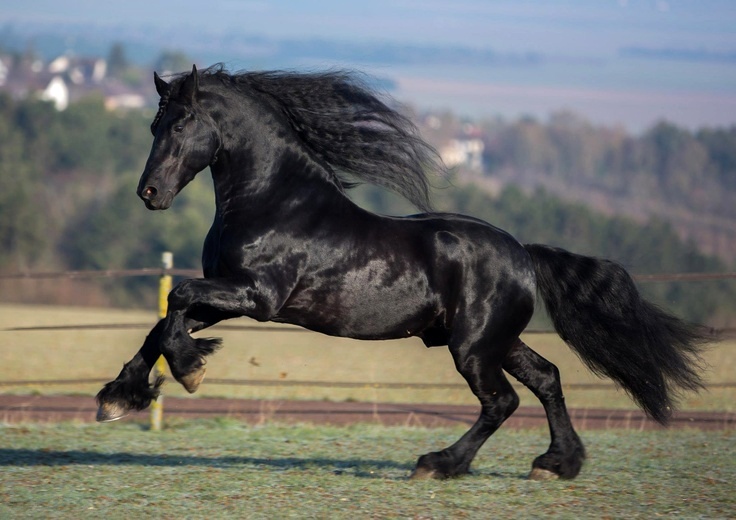Whether or not to blanket your horse in the rain is a hotly debated topic among horse owners. Some owners feel that it is essential to protect their horse from the cold and wet weather, while others believe that it can be dangerous and detrimental to their horse’s health. In this article, we’ll explore the pros and cons of blanketing a horse in the rain and provide some tips for keeping your horse safe and healthy in wet weather.
Advantages of Blanketing a Horse in the Rain
Keeping a Horse Warm
The primary advantage of blanketing a horse in the rain is that it can help keep them warm and dry. Horses are naturally adapted to cold and wet weather, but if the temperature drops too far or the rain is too heavy, they may become chilled. Blanketing can help to keep your horse warm and dry, which will help to prevent illness, discomfort, and even hypothermia.
Protection from the Elements
Another advantage of blanketing a horse in the rain is that it can help protect them from the elements. Rain can cause a horse’s coat to become waterlogged, which can make them uncomfortable and put them at risk of contracting a chill. Blanketing can help keep your horse’s coat dry and protect them from the cold and wet weather.
Protection from Insects
Blanketing a horse in the rain can also help protect them from insects. Insects such as flies and mosquitoes can be a nuisance and can even transmit diseases to your horse. Blanketing them in the rain can help keep these pests away and reduce your horse’s risk of getting sick.
Disadvantages of Blanketing a Horse in the Rain
Overheating
One of the primary disadvantages of blanketing a horse in the rain is that it can cause them to overheat. Blanketing traps heat and moisture close to a horse’s body, which can lead to overheating and even exhaustion. If the temperature is too hot or the rain is too heavy, your horse may become overheated and uncomfortable.
Chafing
Another disadvantage of blanketing a horse in the rain is that it can lead to chafing. Blanketing can cause friction and rubbing, which can lead to chafing and irritation of the skin. This can be especially problematic for horses with sensitive skin or those with thick winter coats.
Tips for Blanketing a Horse in the Rain
Choose the Right Blanket
The first step in blanketing a horse in the rain is to choose the right blanket. Make sure that the blanket is the correct size and weight for your horse and that it is made from waterproof material. There are a variety of styles and materials available, so do your research and choose the best option for your horse.
Check the Fit
Once you’ve chosen the right blanket, make sure that it fits properly. The blanket should fit snugly without being too tight or too loose. If the blanket is too tight, it may cause discomfort or chafing; if it’s too loose, it may not provide adequate protection from the rain.
Check the Weather
It’s also important to check the weather before blanketing your horse in the rain. If it’s too hot or too cold, your horse may become uncomfortable or even ill. Make sure that the temperature and rainfall are appropriate for your horse before blanketing them.
Check for Proper Ventilation
Finally, make sure that your horse’s blanket has adequate ventilation. The blanket should allow for airflow to keep your horse cool and comfortable. Make sure that the blanket is not too tight or too loose and that it has plenty of ventilation holes.
Conclusion
Whether or not to blanket your horse in the rain is a personal decision that should be made on a case-by-case basis. Consider the weather conditions, the type of coat your horse has, and the type of blanket you choose before making a decision. Blanketing can help keep your horse warm and dry, but it can also cause them to overheat or become uncomfortable if not done properly. Take the time to assess the situation and make sure that you make the best decision for your horse.

